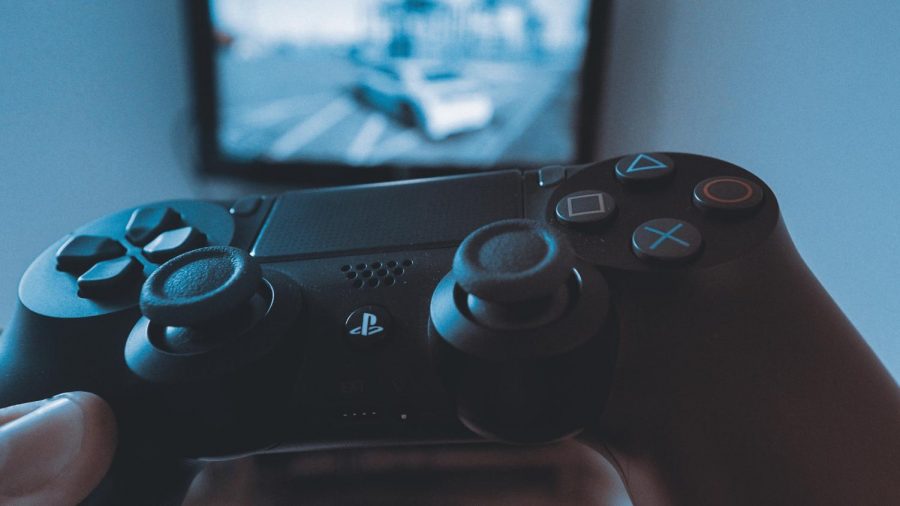World Health Organization Calls for “Gaming Disorder”
January 11, 2018
In a newly published paper by the World Health Organization, “Gaming Disorder” has been officially suggested to be a mental health problem. The group defines it as “a pattern of gaming behavior, ‘digital-gaming’ or ‘video-gaming’, characterized by impaired control over gaming, increasing priority given to gaming over other activities to the extent that gaming takes precedence over other interests and daily activities, and continuation or escalation of gaming despite the occurrence of negative consequences.”
Newly defined, the affliction is differentiated from the compulsive gambling disorder that can be developed from addiction to buying “loot boxes” in-game, which are digital packages that have randomized cosmetic upgrades, in-game currency, or bonuses. It is, instead, concerned with the physical, mental, and social effects that obsessional gaming can have.
In order to be diagnosed with gaming disorder, the behavior patterns of the patient must be examined over a twelve month period. If family relationships are strained, basic hygiene is nonexistent, or work/school tasks are put at a secondary priority, then gaming disorder could possibly be affecting the gamer. Currently care options are limited, but as the problem is given more public exposure, that could change. It could almost be treated like a form of addiction. Should the average gamer be concerned if they have gaming disorder? The answer is no. The organization has stated that gaming disorder only affects a small percentage of people who delve into the hobby.

There are already critics of the new proposal that arise from the lack of precision in diagnosis. One scientific paper, “Scholars’ open debate paper [sic.] on the World Health Organization ICD-11 Gaming Disorder proposal”, states “it has not been convincingly demonstrated that problematic gaming is not better viewed as a coping mechanism associated with underlying problems of a different nature”. The authors are basically saying that uncontrollable gaming isn’t necessarily best viewed as a mental disorder, but it should instead be seen as a coping mechanism; this means frequent gaming can be viewed as similar to alcoholism and drug addiction.
Advocates of the move, Richard James and Richard Tunney, argue that video gaming should not be an all-encompassing term. They welcome the step but also think that there should be a separation between mobile gaming disorder and regular gaming disorder; this is because mobile gaming disorder has more gambling-esque mechanics and more time reliant activities.
Time will tell if video gaming will be considered more of a health crisis, but the move is certainly a step toward that direction.
Source:
http://www.who.int/features/qa/gaming-disorder/en/?scrlybrkr



